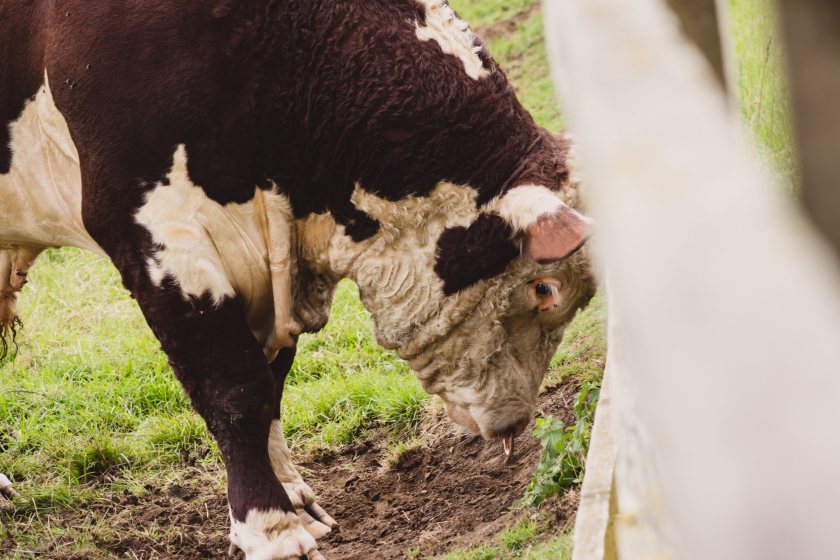
Defra has expanded the bluetongue restricted zone set to cover all of Buckinghamshire and parts of Berkshire, as over 140 farms have now recorded a case.
Following the identification of more cases, the restricted zone and infected area have been extended, covering 19 counties and one city authority across England.
The zone now covers all of Bedfordshire, part of Berkshire, Buckinghamshire, Cambridgeshire, City of Kingston upon Hull, East Riding of Yorkshire and East Sussex.
It also covers Essex, Greater London, part of Hampshire, Hertfordshire, Kent, part of Leicestershire, Lincolnshire, Norfolk, part of Northamptonshire, Nottinghamshire, Suffolk, Surrey and West Sussex.
Two cases of the disease have also been confirmed in Wales in animals imported from England. Wales currently has no restricted or control zones.
Farmers and livestock keepers in England's restricted zone must follow restrictions on animal and germinal product movements.
Susceptible animals cannot be moved out of the zone without a specific licence, and a general licence to move animals to designated abattoirs is also available. Movements within the restricted zone are permitted.
Defra Secretary Steve Reed said: "I have heard first-hand the experiences of farmers battling this disease and we are working hard to prevent its spread into other areas of England and Great Britain.
"We understand restrictions can have an impact but stress the importance of everyone adhering to these. We are committed to working with everyone affected and urge people to report livestock they suspect have the disease."
Sascha Van Helvoort, APHA veterinary head of field delivery, said the increasing number of bluetongue virus cases demonstrated the importance of vigilance from all livestock keepers and farmers.
She added: "We have field teams, vets and scientists across the country who are working hard to help tackle bluetongue virus and ensure farmers are being supported.
"If you have any suspicions of disease, you must report this to the Animal Plant Health Agency immediately so we can provide assistance."
It follows confirmation of the disease in a single sheep on a farm in Norfolk in late August, which made it the first UK bluetongue case this summer.
Before this, in November 2023, government vets identified the first case of the disease in Britain since 2007.
The worsening situation follows the government's decision to permit the use of three bluetongue vaccines to curb infections.
The vaccines are suppressive, meaning they will reduce some of the clinical signs experienced by animals with the disease, but they do not prevent infection.
Bluetongue does not affect people or food safety, but outbreaks can result in prolonged animal movement and trade restrictions.
BTV is a notifiable disease. Suspicion of it in animals in England must be reported to the Animal and Plant Health Agency on 03000 200 301.
